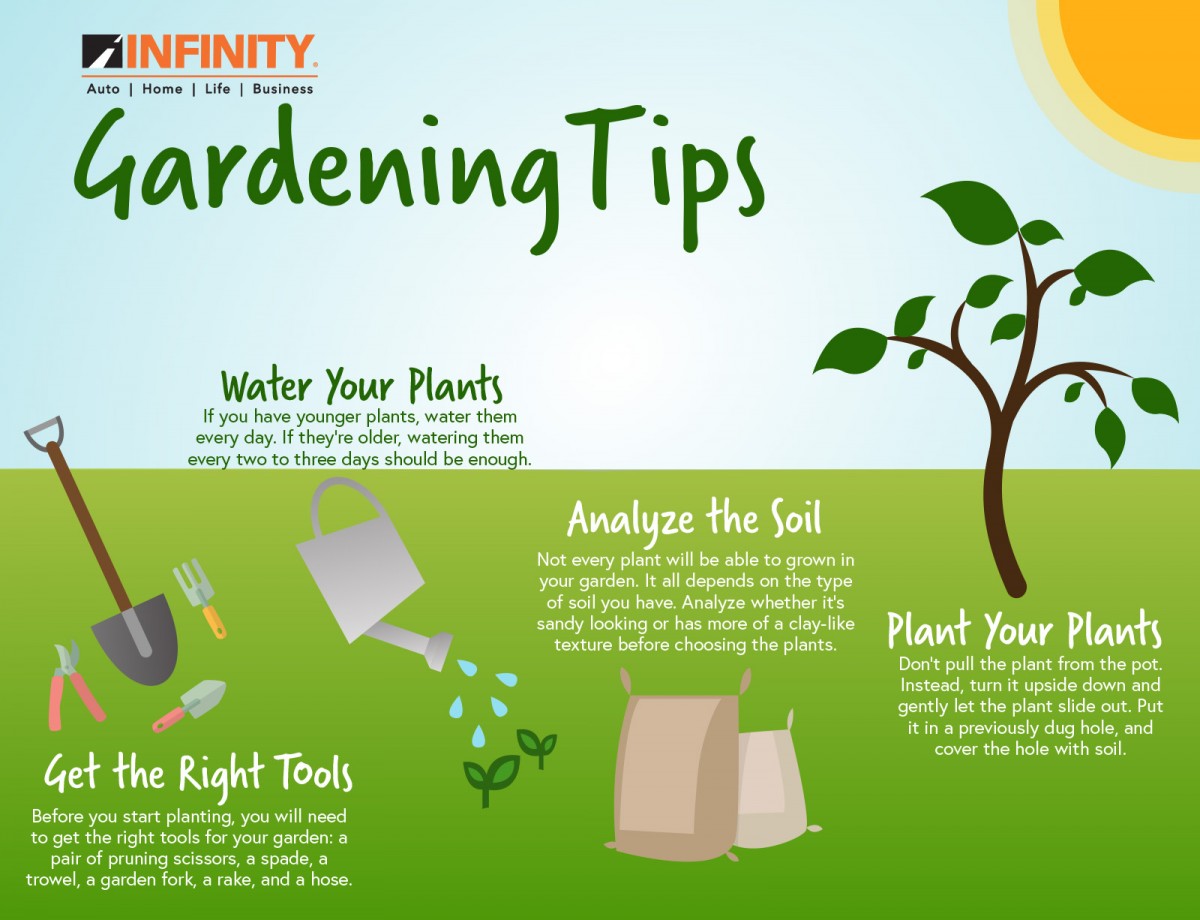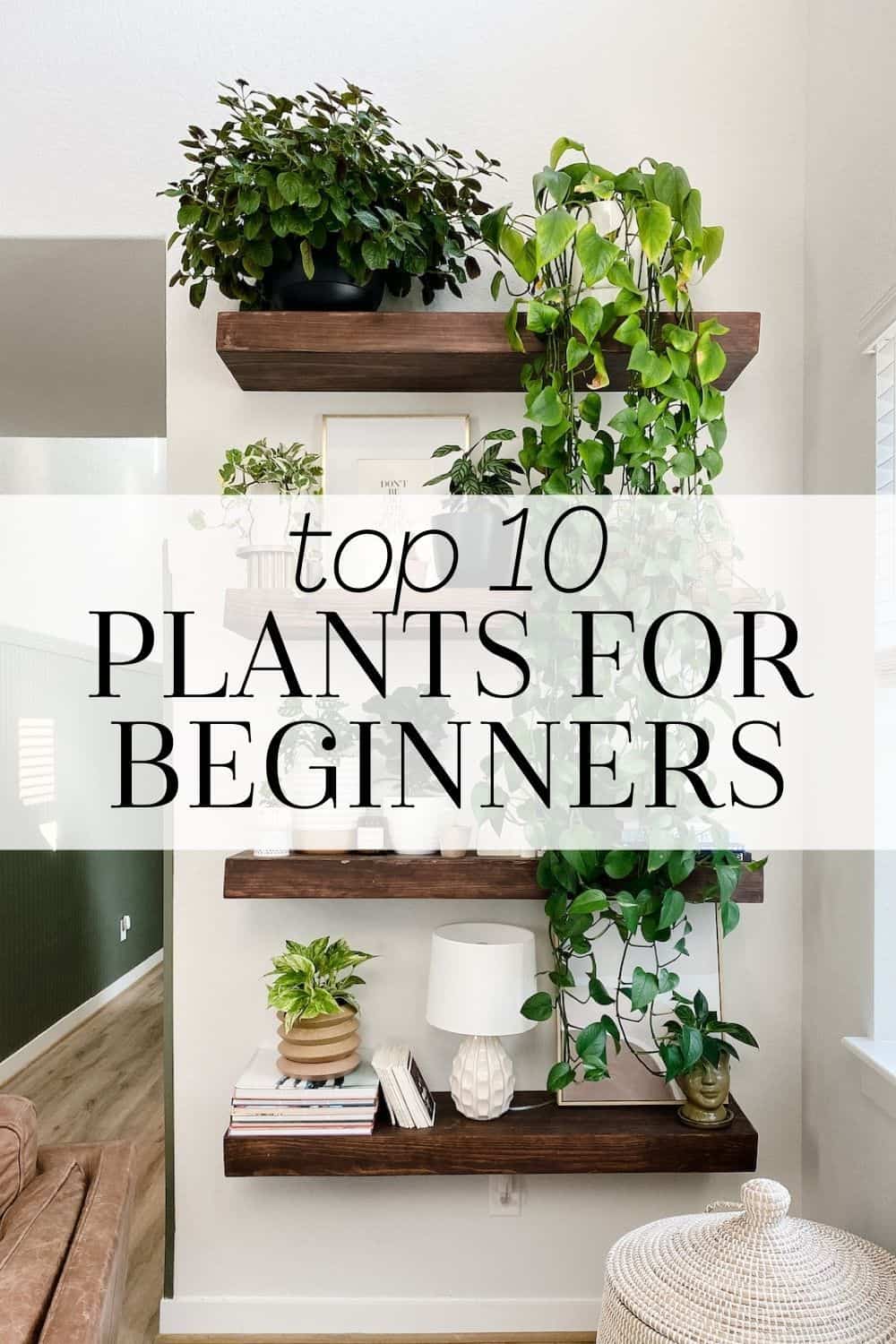Easy Gardening Tips for Beginners: Cultivate Your Green Thumb with Confidence

Are you ready to transform your outdoor space into a lush oasis but feel overwhelmed by the thought of gardening? Don't worry, you're not alone. Gardening can seem daunting, but with the right easy gardening tips for beginners, you can turn your thumb green in no time. Think of gardening as a journey—a rewarding one filled with fresh air, beautiful blooms, and perhaps even homegrown vegetables. Let's dive in and explore the essential gardening basics that will set you on the path to success.
Getting Started: The Basics of Gardening
Understanding Your Soil
The foundation of any successful garden is healthy soil. Think of it as the canvas upon which you'll create your masterpiece. Soil provides the nutrients, water, and support that plants need to thrive. Before you start planting, it's crucial to understand the type of soil you have. Is it sandy, clay-like, or loamy? Each type has its own characteristics and requires different care.

Choosing the Right Location
Location, location, location—it's not just a real estate mantra; it's also a key factor in gardening. Most plants need plenty of sunlight to grow, so choose a spot that gets at least six hours of sun per day. Consider factors like wind exposure and drainage as well. A well-chosen location can make all the difference in your garden's success.
Selecting Beginner-Friendly Plants
Not all plants are created equal, especially when it comes to ease of care. As a beginner, you'll want to start with beginner plants that are forgiving and easy to grow. Some great options include marigolds, pansies, and sunflowers for flowers, and tomatoes, lettuce, and radishes for vegetables. These plants are hardy and can tolerate a range of conditions, making them perfect for novice gardeners.
Planting Tips: Setting Your Garden Up for Success
Preparing Your Soil
Before you plant, prepare your soil by removing weeds and adding organic matter like compost or manure. This will improve the soil's structure and fertility, giving your plants the best possible start. Think of it as laying the groundwork for a successful garden.
Planting Techniques
When it's time to plant, follow these planting tips to ensure your seeds and seedlings have the best chance of survival:
- Read the Seed Packet: Each plant has specific requirements for depth, spacing, and watering. Follow the instructions on the seed packet for the best results.
- Water Before Planting: Moisten the soil before planting to make it easier to work with and to provide immediate hydration for your seeds or seedlings.
- Plant at the Right Depth: Plant seeds at the recommended depth to ensure they have the right conditions for germination. For seedlings, plant them at the same depth they were growing in their pots.
Watering Your Plants
Water is the lifeblood of your garden. Too much or too little can spell disaster for your plants. Aim to keep the soil consistently moist but not waterlogged. A good rule of thumb is to water deeply once or twice a week, depending on the weather and soil conditions.
Garden Maintenance: Keeping Your Garden Healthy and Thriving
Weeding and Mulching
Weeds compete with your plants for water, nutrients, and sunlight. Regular weeding will keep your garden healthy and looking its best. Mulching can also help suppress weeds and retain moisture in the soil. Think of mulch as a protective blanket for your garden.
Pruning and Deadheading
Pruning and deadheading are essential garden maintenance tasks that help keep your plants healthy and encourage new growth. Prune to remove dead or diseased branches and to shape your plants. Deadhead to remove spent flowers and encourage more blooms.
Fertilizing Your Plants
Fertilizers provide the nutrients your plants need to grow strong and healthy. Choose a balanced fertilizer that contains nitrogen, phosphorus, and potassium. Follow the package instructions for application rates and frequency.
Grow Your Own: The Joy of Homegrown Produce
Choosing the Right Vegetables
Growing your own vegetables is a rewarding experience. Start with easy-to-grow varieties like tomatoes, lettuce, and radishes. These beginner plants are perfect for novice gardeners and will provide a bountiful harvest with minimal effort.
Caring for Your Vegetable Garden
Vegetables require consistent care to thrive. Water regularly, provide adequate sunlight, and keep the soil well-drained. Regularly check for pests and diseases, and treat them promptly to prevent spread.
Harvesting and Enjoying Your Produce
The best part of growing your own vegetables is the harvest. Pick your produce at the peak of ripeness for the best flavor. Enjoy your homegrown vegetables in salads, stir-fries, and more. There's nothing quite like the taste of fresh, homegrown produce.

Conclusion: Embrace the Journey of Gardening
Gardening is a journey filled with learning, growth, and rewards. With these easy gardening tips for beginners, you're well on your way to cultivating a beautiful and thriving garden. Remember, every expert was once a beginner. Embrace the process, learn from your mistakes, and enjoy the fruits of your labor.
FAQs
What are the best plants for beginners? Some of the best beginner plants include marigolds, pansies, sunflowers, tomatoes, lettuce, and radishes. These plants are hardy and can tolerate a range of conditions.
How often should I water my garden? The frequency of watering depends on the weather and soil conditions. Aim to keep the soil consistently moist but not waterlogged. A good rule of thumb is to water deeply once or twice a week.
What is the best time to plant a garden? The best time to plant depends on your location and the types of plants you're growing. In general, spring and fall are ideal times for planting. Check with your local nursery or extension office for specific recommendations.
How do I know if my plants need fertilizer? Signs that your plants may need fertilizer include yellowing leaves, slow growth, and poor flowering or fruiting. Conduct a soil test to determine the nutrient levels in your soil and choose a fertilizer accordingly.
What should I do if my plants get pests or diseases? If your plants get pests or diseases, identify the problem and treat it promptly to prevent spread. Use organic or chemical treatments as needed, following the package instructions. Regularly inspect your plants to catch issues early.
With these tips and FAQs, you're well-equipped to start your gardening journey. Happy planting!
0 Response to "Easy Gardening Tips for Beginners: Cultivate Your Green Thumb with Confidence"
Post a Comment